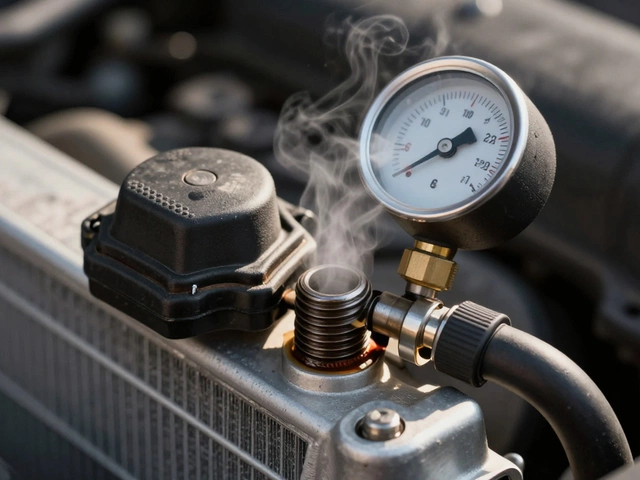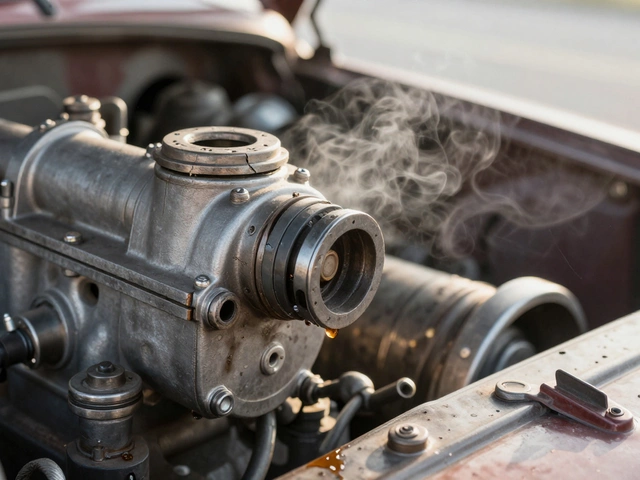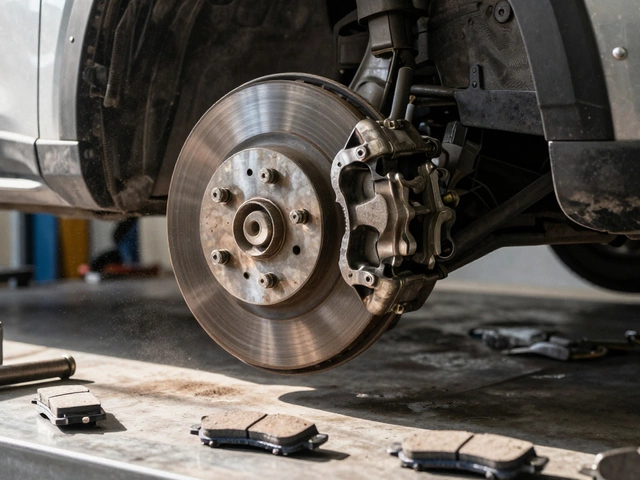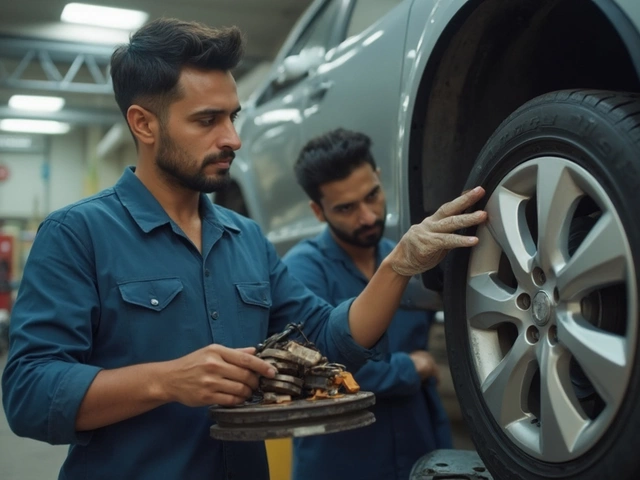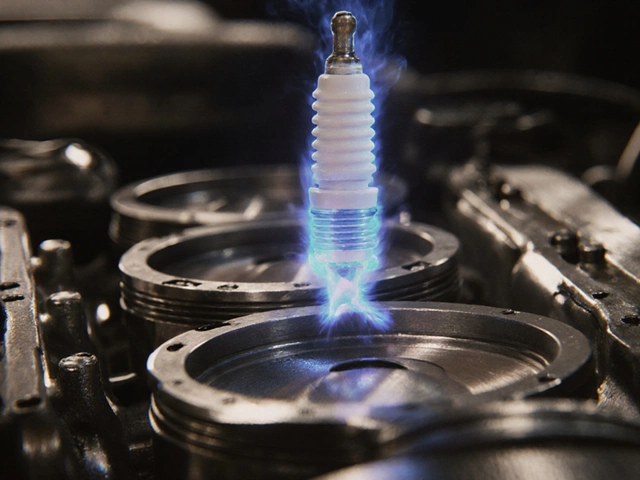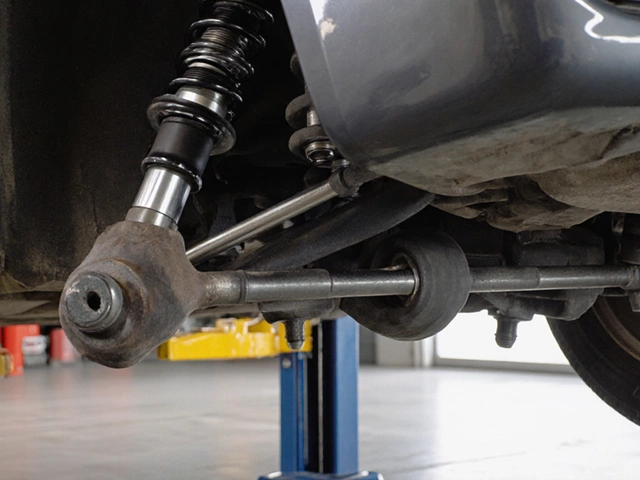Shock Absorber Failure: What It Really Means for Your Car
When your shock absorber failure, a condition where the component can no longer dampen road impacts effectively. Also known as worn shocks, it doesn’t just make your ride bumpy—it puts you at risk every time you hit a bump or turn a corner. Most drivers don’t realize how dangerous bad shocks are until it’s too late. You might think your car is fine because it still starts and drives, but worn shock absorbers silently wreck your control, your tires, and your braking distance.
Suspension problems, a broad category of issues affecting how your car handles road surfaces often start with the shock absorbers. They’re the unsung heroes that keep your tires planted on the road. When they fail, your car bounces, sways, and doesn’t respond like it should. This isn’t just uncomfortable—it’s dangerous. Studies show that vehicles with failed shocks take up to 20% longer to stop. That’s the length of a full parking space. On wet roads or during sudden turns, that delay can mean the difference between avoiding an accident and being in one.
And it doesn’t stop there. Bad shocks cause your tires to lose contact with the pavement, leading to uneven wear. You’ll replace tires way sooner than you should. You’ll also put extra stress on other parts like ball joints, struts, and even your brakes. All of this adds up to more repairs, more cost, and more headaches. If you’ve noticed your car dipping forward when you brake, rocking side to side on rough roads, or feeling floaty on highways, those aren’t just quirks—they’re red flags.
Shock absorber replacement isn’t a luxury. It’s a safety fix. And the good news? You don’t need to wait until everything falls apart. There are clear signs you can check yourself: the bounce test, uneven tire wear, or fluid leaks around the shocks. Most people ignore these until they feel it in their bones. But you don’t have to. The posts below give you the real talk on what happens when shocks go bad, how long you can drive with them, and exactly when to act. No fluff. No upsells. Just what you need to know to stay safe and save money.
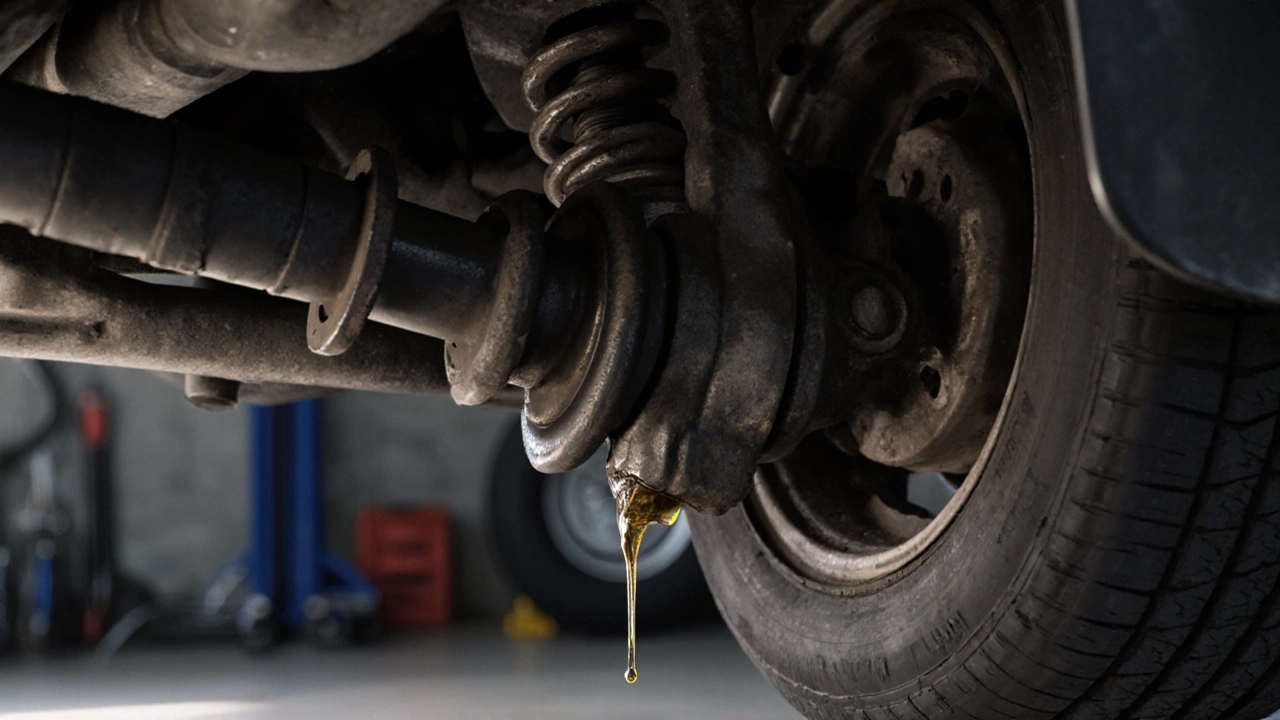
What Sound Does a Car Make When Shocks Are Bad?
Bad shocks make loud clunks, thumps, and rattles when driving over bumps. These sounds mean your car's suspension is failing-leading to longer stops, uneven tire wear, and dangerous handling. Don't ignore the noise.
CONTINUE READING